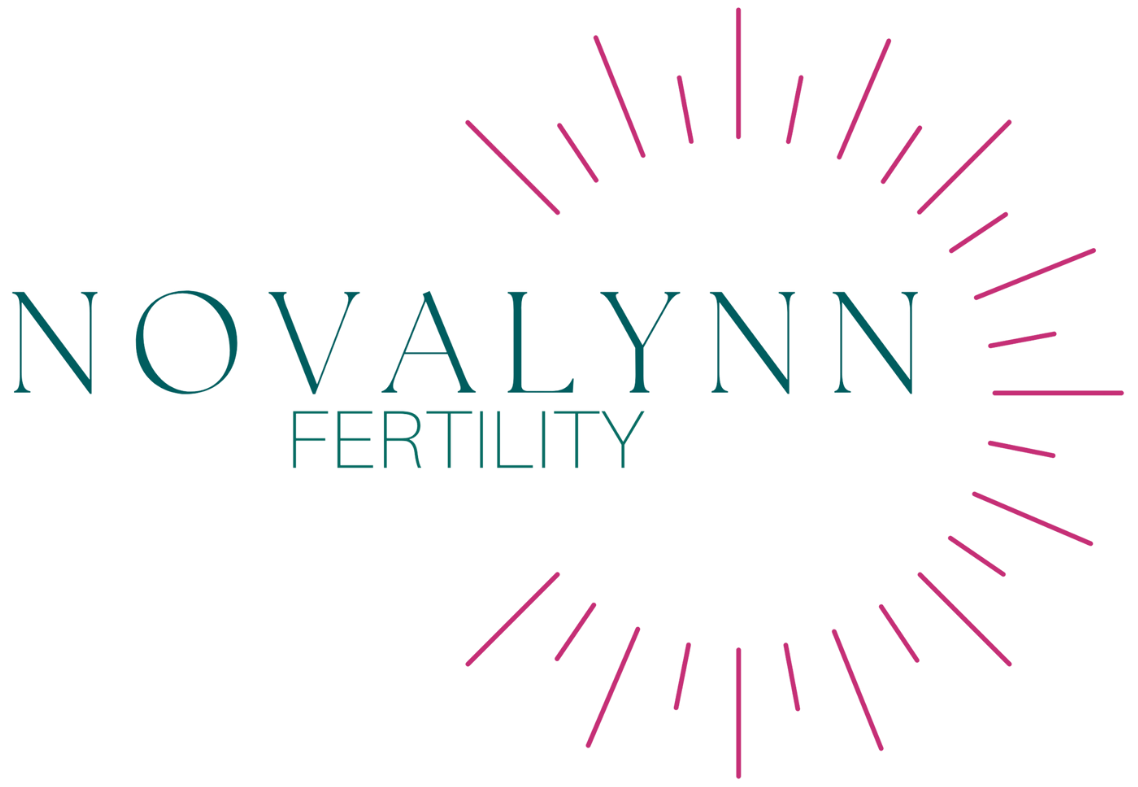This specialized panel can give a woman a general indication of her health and tests the levels of 3 key hormones.
Method:
Simple finger prick blood card collection
What does it test for?
DHEA-S, Estradiol, Cortisol
DHEA-S: DHEA-S is a sex hormone that is found in both men and women. It plays an important role in making testosterone and estrogen. Testing your DHEA-S levels can help determine if your adrenal glands are working properly and help diagnose disorders of the ovaries. Symptoms of high levels of DHEA-S in women may include irregular menstrual cycles and excess hair growth. DHEA-S levels tend to peak around puberty and decline with age. Low or elevated DHEA-S levels can affect fertility.
Estradiol: Estradiol is the most important form of the hormone estrogen. High levels of estradiol can indicate a possible problem with your ovarian reserve. It can also mean estradiol is suppressing FSH. Either of these things could mean that you will have more trouble getting pregnant or have trouble ovulating.
Cortisol: Cortisol is often referred to as the “stress hormone”. Excess cortisol can lead to high insulin levels, irregular periods, excessive hair growth, acne, and weight gain. An elevated cortisol level may be an indicator of PCOS.
*This test may exhibit interference when a sample is collected from a person who is consuming a high dose of biotin
A portion of our revenue from each test will be donated to fertility research and support.
This specialized panel can give a woman a general indication of her health and tests the levels of 3 key hormones.
Method:
Simple finger prick blood card collection
What does it test for?
DHEA-S, Estradiol, Cortisol
DHEA-S: DHEA-S is a sex hormone that is found in both men and women. It plays an important role in making testosterone and estrogen. Testing your DHEA-S levels can help determine if your adrenal glands are working properly and help diagnose disorders of the ovaries. Symptoms of high levels of DHEA-S in women may include irregular menstrual cycles and excess hair growth. DHEA-S levels tend to peak around puberty and decline with age. Low or elevated DHEA-S levels can affect fertility.
Estradiol: Estradiol is the most important form of the hormone estrogen. High levels of estradiol can indicate a possible problem with your ovarian reserve. It can also mean estradiol is suppressing FSH. Either of these things could mean that you will have more trouble getting pregnant or have trouble ovulating.
Cortisol: Cortisol is often referred to as the “stress hormone”. Excess cortisol can lead to high insulin levels, irregular periods, excessive hair growth, acne, and weight gain. An elevated cortisol level may be an indicator of PCOS.
*This test may exhibit interference when a sample is collected from a person who is consuming a high dose of biotin
A portion of our revenue from each test will be donated to fertility research and support.

